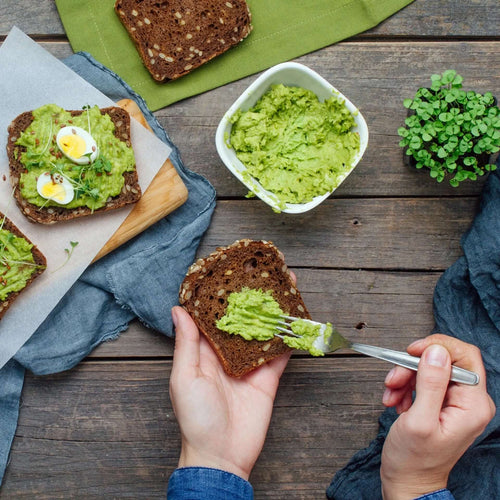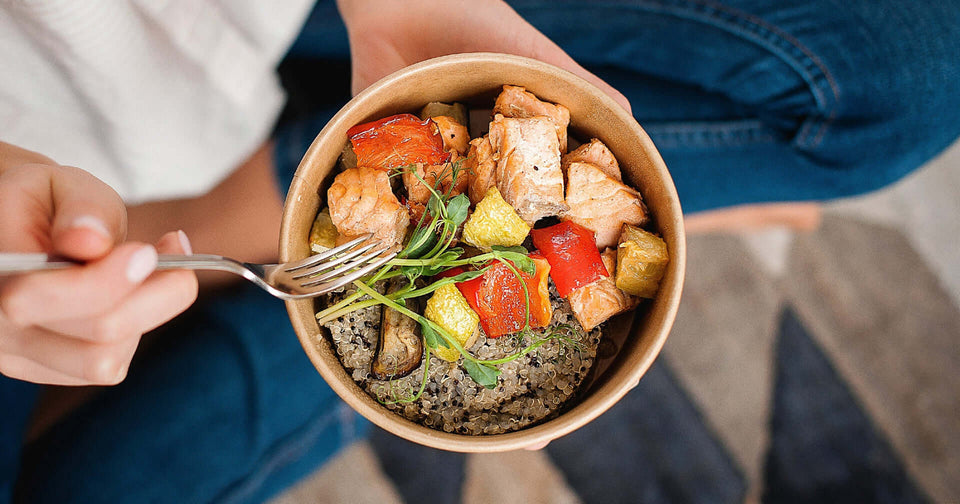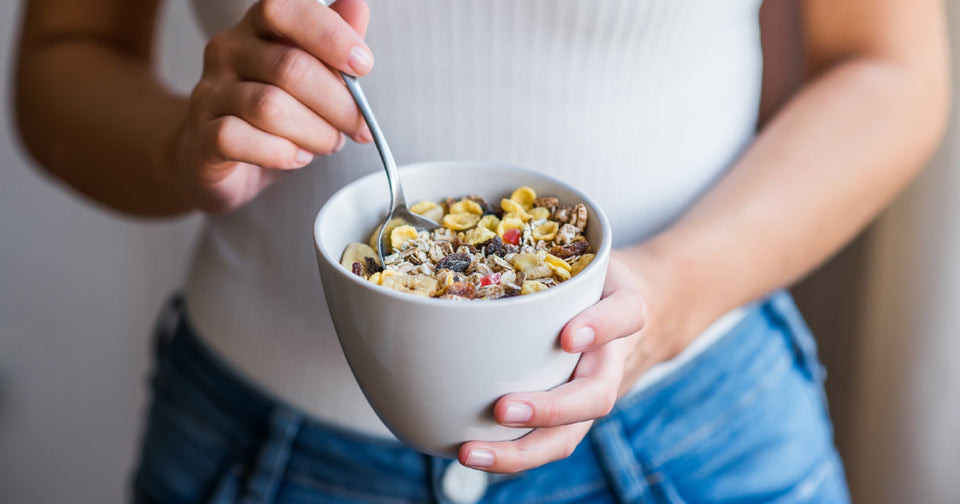
We typically don’t think about our eye health until we begin having problems with it. What we should be doing is supporting our eyes along the way with the right nutrients they need to keep them working and focusing properly. Various nutrients such as: carotenoids (like lutein and zeaxanthin), beta carotene, vitamin C with citrus bioflavonoids, bilberry, NAC (N-acetyl cysteine), and minerals (like zinc and copper) work as antioxidants that can help boost overall eye health.
The Most Beneficial Nutrients for Healthy Vision
Lutein and zeaxanthin are carotenoids found in fruits, vegetables, and other foods, that are stored in high amounts in and around the macula. Zeaxanthin is the predominant carotenoid found in the center of the macula, and lutein is found in higher concentrations in the surrounding retina. Studies suggest high levels of lutein and zeaxanthin in eye tissue are associated with healthy vision, which is why a diet rich in these antioxidants is often recommended. Recent studies show health benefits in taking approximately 10 mg/day of lutein and about 2 mg/day of zeaxanthin.
Beta carotene is an important antioxidant that also acts as a source of vitamin A. Vitamin A is important for healthy vision, as it plays a role in helping the eyes adapt to light changes. Food sources of vitamin A include: cod liver oil, eggs, fortified milk, and orange and yellow fruits and vegetables. Supplemental lower doses of vitamin A are typically found in multivitamins and eye formulas. The DRI (Daily recommended Intake) of retinol or retinyl forms of vitamin A varies from 900 RAE (retinol activity equivalents) to 1,300 RAE. With certain eye issues, even higher amounts are recommended.
Vitamin C and citrus bioflavonoids are additional antioxidants that work to scavenge free radicals and aid in capillary and blood vessel health. Recommendations vary from 500 mg/day of vitamin C with bioflavonoids to a few grams per day. Higher levels depend on bowel tolerance.
Bilberries are related to blueberries and contain polyphenols and anthocyanidins, two strong antioxidants that supports eye health. N-acetyl cysteine (NAC) is most well-known for its antioxidant effects. NAC increases glutathione, our body's most potent and self-made detoxification compound. Copper is an antioxidant that encourages the development of flexible connective tissue for proper eye structure.
If you're looking to support your eye health, these are some of the most important key nutrients. Many of these are found in a multivitamin/mineral; however, the amounts many not be enough, so an additional supplement may be a good option.






